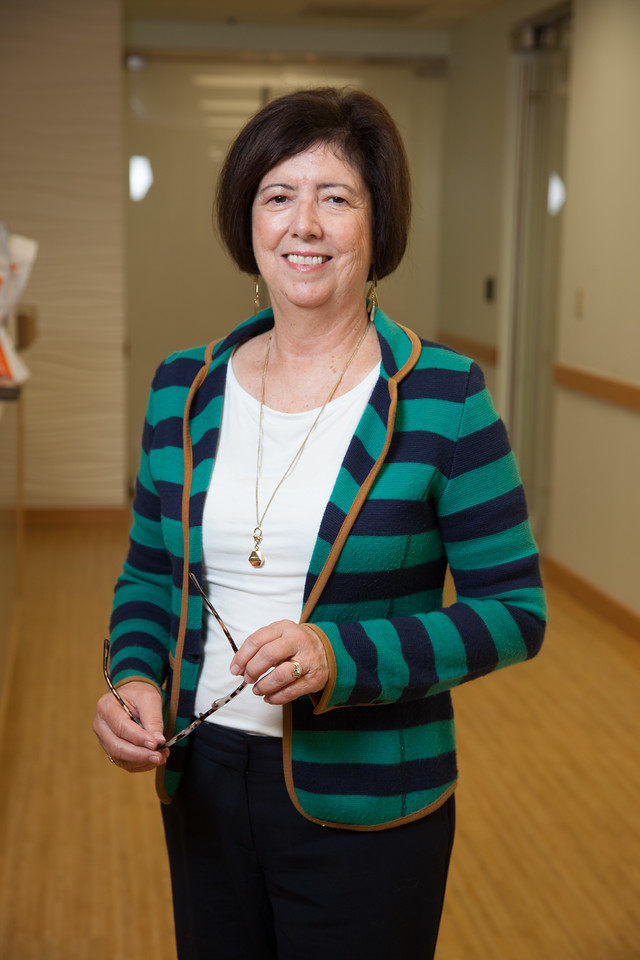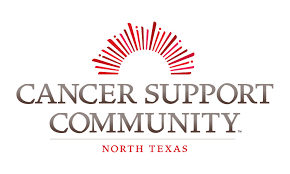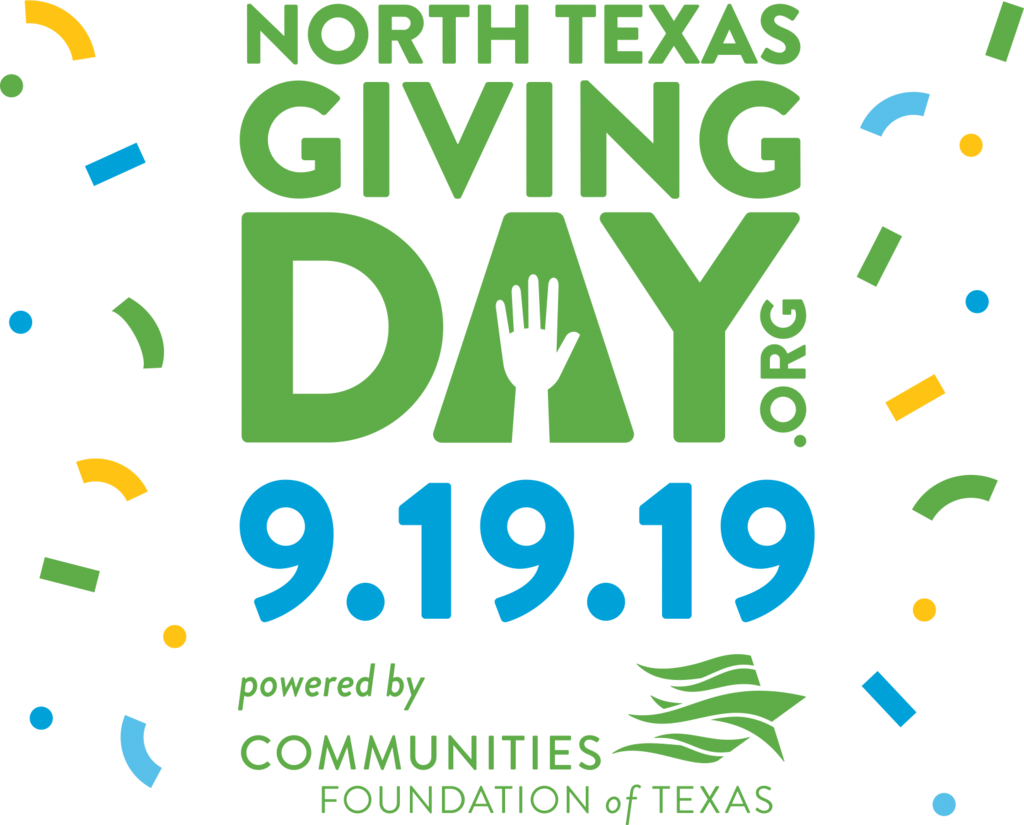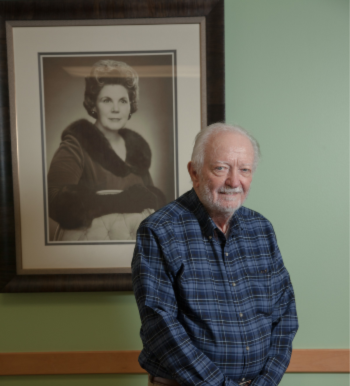Physical Activity Level and Outcomes in Metastatic Colorectal Cancer
by Leah Plato, PA-C, MPH, CCRP - Associate Director of Clinical and Scientific Operations
Moderate exercise was shown to benefit patients undergoing treatment for metastatic colon cancer according to a new study published in the Journal of Clinical Oncology. Previous studies have found that regular exercise can reduce the risk of disease recurrence and death from colon cancer, but this has never been studied before in the advanced, metastatic setting.
Patients participated in the Phase III SWOG study conducted by the Alliance for Clinical Trials in Oncology and the National Cancer Institute. In the study, patients were invited to complete a questionnaire within 1 month after initiation of therapy. They reported average physical activity over the previous two months. This was calculated to metabolic equivalent task (MET) hours per week to quantify their activity. The primary end point of the study was overall survival (OS). The secondary end points included progression-free survival (PFS) and toxicity to current treatment. To minimize confounding factors, patients who experienced disease progression or died within 60 days of activity assessment were excluded from analysis. Statistical considerations were also made to adjust for prognostic factors, comorbidities, and weight loss. 1,218 patients were enrolled in the trial. Vigorous activity was defined as any activity requiring six or more METS, such as running, biking, tennis, skiing, or lap swimming. Non-vigorous activities including walking, climbing stairs, or yoga.
Analysis of the data revealed a statistically significant difference in progression-free survival. The difference in progression-free survival was almost 20% in favor of those who exercised more. Total physical activity equivalent to 30 or more minutes of moderate daily activity was associated with a 27% reduction in severe treatment-related toxicities.
The analysis also found that patients who engaged in 18 or more MET-hours per week of activity had a 15% improvement in overall survival compared with patients who engaged in less than 3 MET-hours per week of activity. However, that difference was not statistically significant.
Overall greater physical activity has been associated with longer progression-free survival, decreased toxicity from treatment, and possible improved overall survival. These findings emphasize the need to encourage patients to remain active and refer patients to physical therapy or fitness programs designed for oncology patients. Fit Steps for Life is a free exercise and nutrition program for all oncology patients during and following treatment provided by the non-profit organization Cancer Foundation for Life (CFFL). For more information on this program please visit their website at www.fitstepsforlife.org.
Top 10 Lessons Learned
 by Phyllis Yount, LCSW, Social Worker
by Phyllis Yount, LCSW, Social Worker
The month of October is special for me. I am preparing to retire after 45 years in the field of social work. I am a fortunate person because I found a profession that I loved for many reasons. One has been the opportunity I have had to work with individuals with a cancer diagnosis and their families. Over the years, they have taught me a number of valuable lessons that I take with me. The top 10 of my favorite lessons are:
• Life is short-Live life to the fullest!
This means don’t live for vacation, but live for the day. What makes today enriching, fun, adventurous, and fulfilling?
• Don’t let physical negatives make you stop pursuing your goals
Although you may not always feel your best, you can adapt and find a way to pursue your goals, if not all, a portion.
• Some people say, “Why me?” I say, “Why not me?”
I have talked to individuals who were struggling with end stage disease who stated that they have accepted this disease they live with daily and understand that they live in a world which is imperfect, meaning disease can touch anyone regardless of age, beauty, wealth, celebrity, or how much you have to contribute in life.
• Develop the short list of what is important and pursue those things
I have watched individuals pursue family relationships, focus on their religious faith, find ways to enrich a close circle of friends, support others in similar circumstances. This list seldom included spending long periods of time at work.
• Laughter is the best medicine
Laughter has been looked at as a therapeutic method of dealing with stress. Individuals often bring their humor to the hospital, outpatient clinic, testing areas, when working with doctors, nurses, lab technicians, aides, housecleaners, and social workers. They know that finding something funny in an everyday situation can take the edge off. It is their gift to us and we are so fortunate to see them on a daily basis.
• Find joy in everyday things
This may be a cup of tea in the middle of the day, a great meal or flowers planted from seed. It could be a rambunctious puppy, the antics of a grandchild or just a sunny day after a week of gloom.
• You think this is bad, there is always someone who has a worse situation
We may see someone who has a difficult disease. They chose to see that they could have something so much worse. This is a simple action of looking at the glass half full instead of half empty.
• Communicate openly with those you love. Be open and willing to talk about hard things
The ability to talk openly with those we love when dealing with life changes can alter the way this experience is for the person with disease and their family and friends. They can turn something horrendous into something meaningful.
• “Let it go!”
There are so many small and inconsequential things we deal with on an everyday basis. We are better off if we choose to focus on the big stuff and let go of the small stuff. Life is too short to dwell on these things.
• Let others help you
Those that go through cancer treatment need an army of people to help them as they navigate the ups and downs of treatment. That may be a group of close friends who help you get to your infusion treatments or a group from church who prays for you on a daily basis. It could be your co-worker that helps with meals or just a kind neighbor who finds time to help you out so that you get to that important doctor’s visit. They have taught me that if you let others help you, you relieve the burden from your family and lighten the load for yourself.
Caring for Caregivers
 From our partners at Cancer Support Community of North Texas
From our partners at Cancer Support Community of North Texas
October is National Breast Cancer Awareness Month, and cancer research and support organizations are hyper-focused on raising awareness about breast cancer and providing resources to patients. Though support for patients is a top focus, support for caregivers may not be as readily available. Research shows that when providing support to a loved one, caregivers often take on many additional responsibilities and are impacted by the emotional upheaval of stress and uncertainty a cancer diagnosis causes. This article will provide an overview of the common emotions caregivers may experience and where to find emotional, social and logistical support.
In addition to helping with numerous tasks; managing health insurance, paying bills, providing transportation to appointments, and keeping friends and family updated, many caretakers also help manage communication with the patient’s care team. Cancer is complicated and treating the disease requires many people with different skills. Navigating communication with several specialists can be overwhelming or frustrating, especially if you are unfamiliar with medical terminology. It is completely normal to be confused, angry, annoyed or frightened at times like these.
Over time, you may also begin to believe your needs are less important. You may feel guilty when you do things for yourself, or feel envious of the support your loved one receives, or find you resent the time and opportunities you’ve sacrificed. It is important to know that many other caregivers have similar feelings and that these feelings are normal.
Discussing these emotions and difficult experiences may help caregivers decrease feelings of depression and increase their zest for life. Available options for emotional support include one-on-one support from oncology social workers or therapists, or support groups at cancer support organizations. Cancer Support Community North Texas provides a very comprehensive program of support for caregivers and patients alike, all completely free of charge. This includes support groups, individual counseling and much more for their participants. Research indicates that support groups help reduce the three most significant stressors associated with cancer: loneliness, loss of control and loss of hope.
In the age of technology, there are many apps and websites that can help the caregiver delegate tasks to others offering their assistance, and ensure they have time to take care of themselves. These include:
• MyLifeLine
• CareZone
• CaringBridge
• Lotsa Helping Hands
• Meal Train Plus
• Take Them a Meal
If you are interested in joining a support group, attending educational presentations or learning more about the free resources available at Cancer Support Community North Texas, please call 214-345-8230 or visit CancerSupportTexas.org. Our vision is that no one faces cancer alone.
Runway for Hope Luncheon and Fashion Show

Mary Crowley Cancer Research was honored to be the beneficiary for the inaugural Runway for Hope Luncheon and Fashion Show presented by the Be the Difference Foundation with Co-Chairs Lynn Lentscher and Sheryl Yonack, and Honorary Chair Elizabeth Gambrell. The event featured models who were survivors of ovarian cancer with makeup and hair by Johnny Rodriguez the Salon and fashions by Nordstrom. Guests enjoyed pop-up shops from sponsor Kendra Scott and My Queen Bead before sitting down to lunch followed by the start of the fashion show. Scott Murray served as Master of Ceremonies sharing details about each model’s battle with cancer as they walked the room in a daytime look, then an evening look.
The event raised over $50,000 in support of ovarian cancer clinical trials at Mary Crowley. Thank you to Be the Difference Foundation for hosting this incredible event and partnering with us to bring more trials to ovarian cancer patients!
Thank you, Big Hope!

Big Hope 1 raised an astounding $141,000 at the Pushing HOPE Annual Marine Industry Charity Tournament August 15 - 17, 2019! The event included a seafood boil on Thursday, a golf tournament on Friday, softball and kickball tournaments on Friday and Saturday, as well as a 5K and 1-mile fun run on Saturday.
Held in Missouri and presented by Ceres Consulting, LLC this highly anticipated event draws members of the barge industry from all over the country each year in support of Mary Crowley Cancer Research since 2012.
Thank you to all the participants for your generosity and commitment to expanding options for cancer patients!
Thank YOU for making North Texas Giving Day such a success! Your generosity doubled our total from last year raising $8,258!
Patient Story - Norman Jonas
Two years ago, longtime Dallas resident Norman Jonas began noticing an irritation on the right side of his throat. Soon, it grew into pain and within three to four months he was having trouble swallowing. He knew something wasn’t right. “It wasn’t normal, I just knew something was wrong.”
A visit to the doctor revealed that the then 80-year-old had stage 4 esophageal cancer that had developed rapidly. “It went from me not having cancer to having cancer within a period of 4 to 5 months.” Upon hearing the news, Norman and his wife had only one question: what do we do now?
Dr. Andrew Paulson at Baylor began chemotherapy lasting 10 months. Impressed with Norman’s reaction to the aggressive treatment, he recommended Mary Crowley Cancer Research as a next step.
Since beginning treatment at Mary Crowley in July of 2018, Norman’s tumor has shrunk by 10% and is holding stable. While he does still have a hard time swallowing, which can affect his appetite, he’s noticed a much-improved quality of life over his experience with chemo. “I’m blessed that I’m doing so well now.” During the summer, Norman was happy to have the company of his wife Elizabeth, a school teacher, for many of his appointments and visits.
What is truly impressive is Norman’s unwavering positive outlook. From the time of diagnosis, his perspective has prevailed, “I have a lot of faith in god. He’s in charge. He’s going to decide which way I go and I’m good with that. I was just born with a good attitude – I don’t like negativity and I don’t let things bother me.”
With renewed HOPE for the future, Norman is looking forward to his wife’s retirement and enjoying antiquing together.





